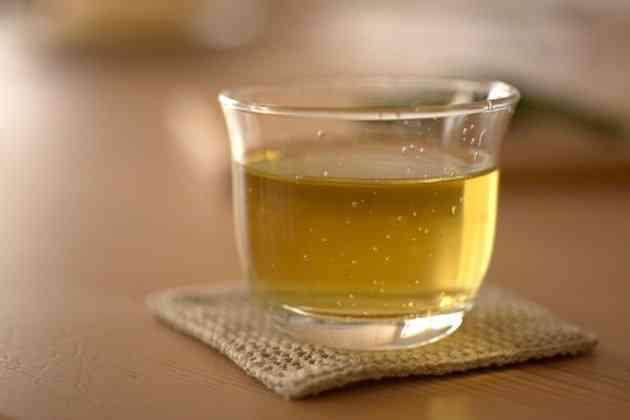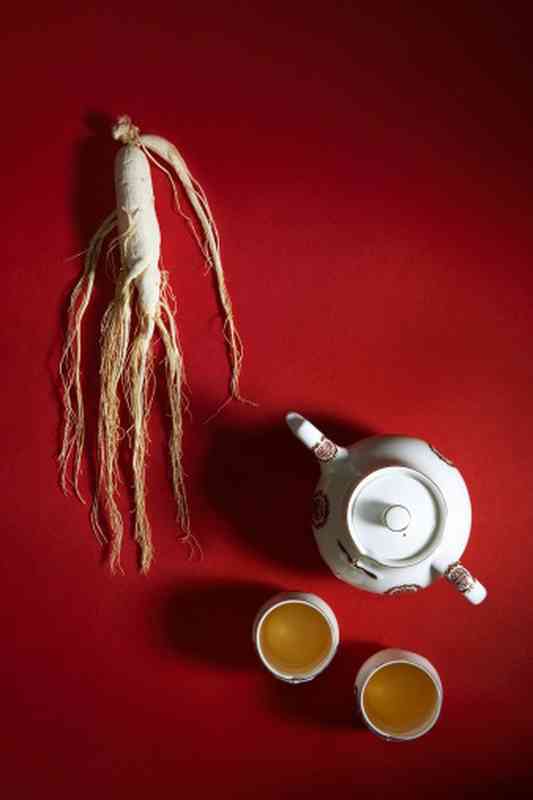The Best Herbal Laxative Teas

Eating the right foods and drinking water is not enough to achieve normal bowel movements for some people who are suffering from constipation. In those cases, using a gentle herbal laxative may be the next best thing before having to turn to medications or going to the doctor. There are several herbs that can effectively relieve constipation.

Bulk Laxatives
The gentlest laxatives for relieving constipation are called bulk laxatives. Bulk laxatives enlarge the stool to help it pass through your colon more easily, and should be taken with a lot of water. Flaxseed and psyllium are the most widely used and best-known bulk herbal laxatives. A tea-like infusion can be made by crushing the seeds and dissolving them in water, and drinking the mixture immediately.
Flaxseed is alleged to be the mildest, having no side effects. Take 1 tbsp. three times a day followed by 2 cups of water. Several tbsp. of psyllium seeds followed by 2 to 3 cups of water are helpful for relieving constipation, according to the University of Maryland Medical Center. Psyllium swells so lots of fluid is necessary to keep stool well lubricated and prevent obstructions. Do not take psyllium if you have asthma.
Mild Herbal Laxatives
Mild laxatives do not have bulking properties. They are generally taken when just a small nudge is needed to return the bowels to normal function. Both dandelion root and chickweed are considered mild herbs with laxative action.
Jethro Kloss, a natural herb expert, says that you can prepare a tea of 1 oz. dandelion herb and 1 pint of boiling water. Allow the tea to steep 15 minutes and then remove the herb. Drink as needed for relief. Chop up chickweed and add it to salads for a cooling, soothing laxative effect. Chickweed may be helpful in relieving overgrowth of candida in the bowel, hemorrhoids, colitis, ulcers and extra-hard stools.
Purgative Laxatives
These herbal laxatives are the ones most commonly found in health food store products. They are very strong and should only be used when nothing else has been helpful. They contain a compound known as anthraquiones which is irritable to the bowel forcing the movement of stool. The most well known of these laxatives are senna and cascara sagrada. Those with ulcers and pregnant women should avoid these strong laxatives.
Cascara sagrada is the most well known of the purgative laxatives. It is called "sacred bark" from the Native American herbalists. It tones the colon and intestine as it works to purge the bowel. The tea is very bitter, but highly effective. Limit use of this laxative to no longer than two weeks. Make sure that you purchase this from a reputable company to get the purist product possible. Senna is another common herb used in purgative laxatives and it is recommended that it be taken in prepared over-the-counter products due to its having a terrible taste. That being said, it can be made into a tea and sweetened with honey to make it more palatable. It's very effective and only a little bit is required. Don't use this herb for more than a 10-day period, suggests the Self-Growth website. Speak to an herbal expert about directions for use and dosing.




